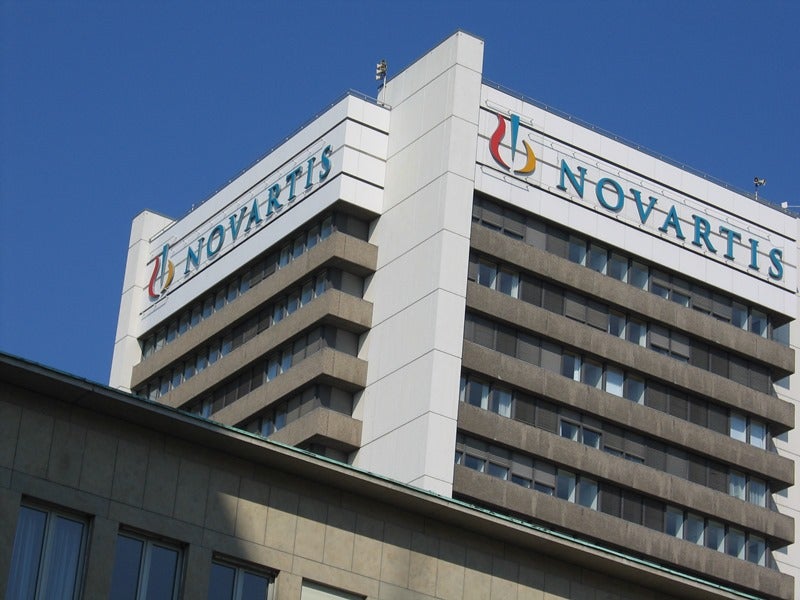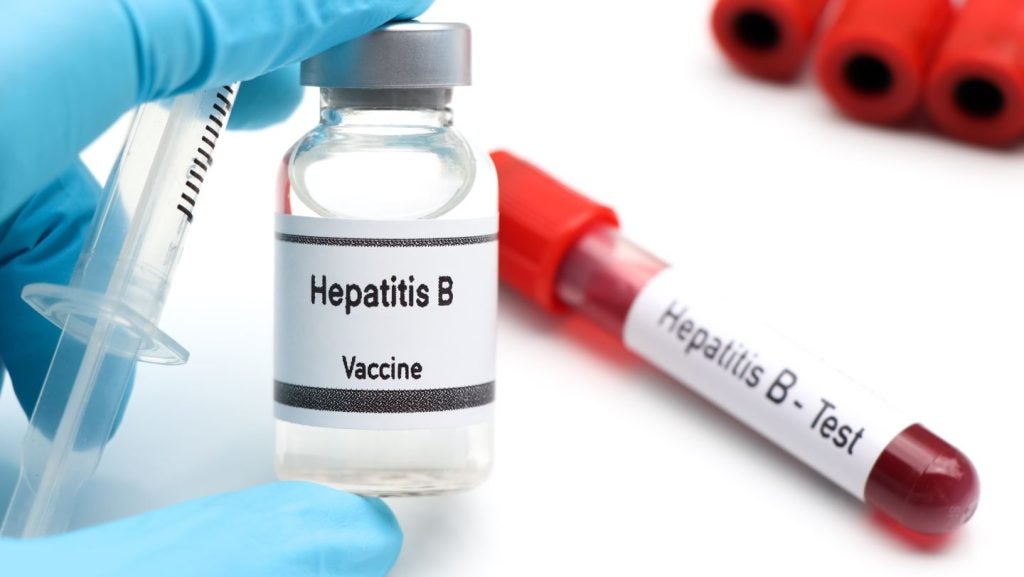
Novartis has reported positive results from three pivotal Phase III MONALEESA trials evaluating kisqali (ribociclib) plus endocrine therapy in combination with endocrine therapy alone for the treatment of human epidermal growth factor receptor-2 negative (HR+/HER2-) advanced breast cancer in patients with difficult-to-treat visceral disease.
The results are based on subgroup analyses and demonstrated that kisqali plus endocrine therapy extended progression-free survival (PFS) compared to endocrine therapy alone in all patients.
Kisqali plus endocrine therapy extended PFS in patients with visceral metastases by 11.5 months in the MONALEESA-2 study and by 13.4 months in the MONALEESA-7 trial, respectively, against the endocrine therapy alone.
However, median PFS for patients with visceral metastases in the MONALEESA-3 trial has not yet been reached compared to 16.5 months median PFS in patients treated with endocrine therapy alone.
Kisqali plus endocrine therapy also showed steady efficacy results across the MONALEESA trials in patients with and without visceral metastases.
MONALEESA trials principal investigator Denise Yardley said: “Nearly 60% of patients enrolled in the MONALEESA clinical trials had visceral metastases, and all benefited from treatment with ribociclib in combination with endocrine therapy.
How well do you really know your competitors?
Access the most comprehensive Company Profiles on the market, powered by GlobalData. Save hours of research. Gain competitive edge.

Thank you!
Your download email will arrive shortly
Not ready to buy yet? Download a free sample
We are confident about the unique quality of our Company Profiles. However, we want you to make the most beneficial decision for your business, so we offer a free sample that you can download by submitting the below form
By GlobalData“These results, coupled with the NCCN and ABC4 recommended treatment guidelines for HR+ advanced breast cancer patients with visceral metastases, support the use of ribociclib combination therapy as a standard of care in this patient population.”
Kisqali is a selective cyclin-dependent kinase inhibitor that is designed to slow the development of cancer by inhibiting two proteins, cyclin-dependent kinase 4 and 6 (CDK4/6).
Both the US Food and Drug Administration (FDA) and European Commission have approved Kisqali for use as an initial endocrine-based therapy for postmenopausal women with HR+/HER2- locally advanced or metastatic breast cancer in combination with an aromatase inhibitor.







